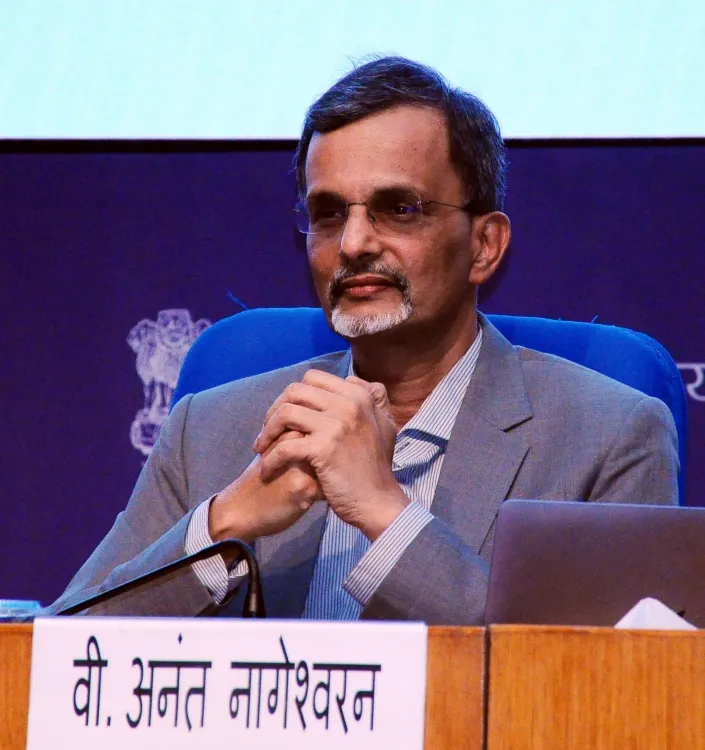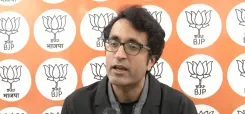Can Junk Foods and Screen Time Affect India's Demographic Dividend?

Synopsis
Key Takeaways
- Junk foods are detrimental to health and can contribute to NCDs.
- Screen time negatively impacts both physical and mental well-being.
- Promoting a healthier lifestyle is crucial for the youth.
- Corporate responsibility extends beyond financial contributions.
- A balanced diet and physical activity are key for health.
New Delhi, May 29 (NationPress) Junk foods—characterized by high levels of saturated fats, sugars, and salt (HFSS)—along with excessive screen time can significantly undermine India's demographic dividend, warned Chief Economic Advisor V Anantha Nageswaran during the recent CII Annual General Meeting on Thursday.
He urged the private sector to promote healthier lifestyles.
“We must seriously consider what we are providing to our youth,” the CEA remarked.
In light of the rising trend of celebrity endorsements for ultra-processed foods, he pointed out that “corporate social responsibility goes beyond merely allocating 2% of profits to CSR initiatives.”
This statement comes amidst the growing prevalence of non-communicable diseases (NCDs) such as obesity, diabetes, hypertension, and cancer among children and adolescents.
A recent study by researchers from the University of Liverpool revealed that just five minutes of junk food advertising can lead children and adolescents to consume significantly more calories throughout the day.
The findings indicated that 7-15-year-olds exposed to merely five minutes of advertising, irrespective of the media type, could consume an average of 130 additional kcals per day—equivalent to the calories in two slices of bread.
Moreover, excessive screen time can adversely affect both mental and physical health, particularly in younger populations, and may contribute to NCDs.
It is essential to avoid junk foods, ultra-processed items, sugars, sugary drinks, high-fat, and fried foods, while increasing physical activity to promote wellness. A balanced diet and at least 30 minutes of daily exercise are vital for enhancing health.
Previously, Prime Minister Narendra Modi urged citizens to adopt healthier lifestyles and strive for a life free from obesity.
He emphasized that maintaining personal fitness would play a crucial role in India's ambition of becoming a developed nation—Viksit Bharat.
The Prime Minister also encouraged a 10% reduction in oil consumption.
Lowering oil intake can facilitate a calorie deficit, a critical element for weight management.










